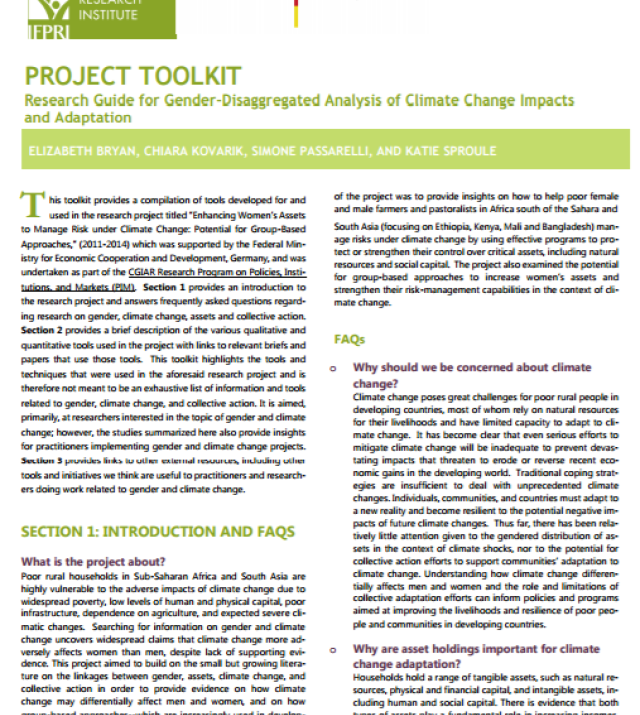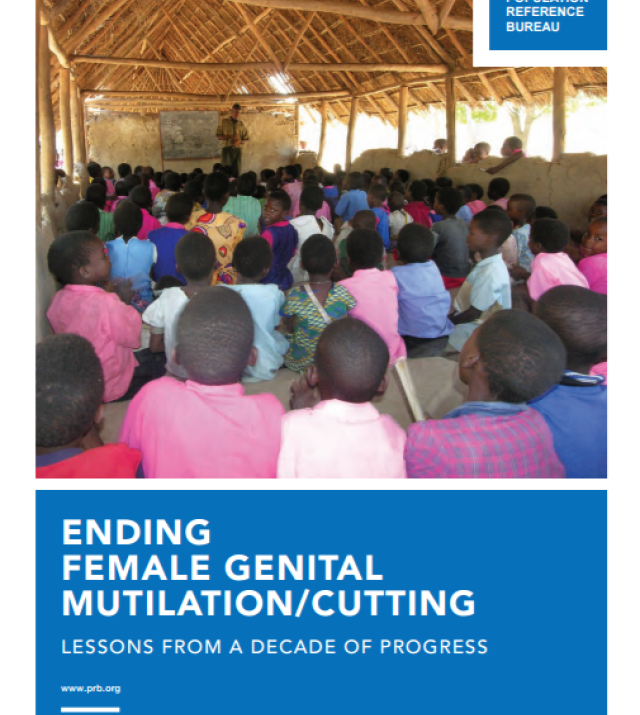
CLARA: Cohort Livelihoods and Risk Analysis Guidance

With funding from the USAID Office of Foreign Disaster Assistance (OFDA), the Women’s Refugee Commission (WRC) conducted a two-year action research project (2014-2016) on safer, gender-sensitive livelihoods programs in emergencies. Based on a literature review, key informant interviews with practitioners from more than 20 humanitarian agencies and field assessments, WRC found that gender risk analysis is a critical gap in livelihoods interventions as is the lack of field-friendly tools to inform protective program design. Drawing upon these findings, WRC developed the Cohort Livelihoods and Risk Analysis (CLARA), an operational approach that captures risks associated with livelihoods, including gender-based violence (GBV), as well as potential risks arising from programs in response to crisis. CLARA assesses gendered livelihood needs, risks and opportunities, and highlights mitigation strategies for safer, more responsive humanitarian assistance.
